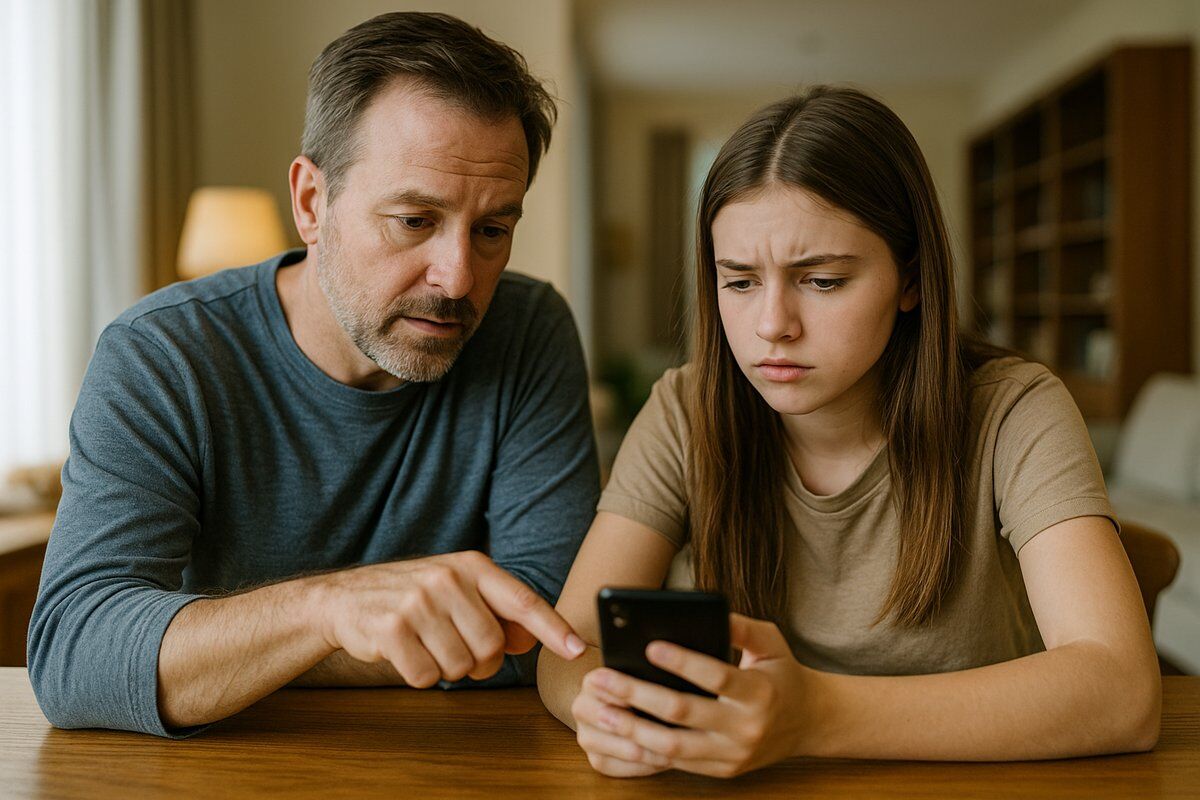My daughter recently delivered a breathless update about lizard people running the world. Her source was an influencer on an app I’d never heard of. For a kid who forgets her shoes, she had the plot memorised like homework. Our conversations have evolved from “clean your room” to “let’s unpack why Beyoncé probably isn’t an alien.”
If your teen lives in a universe of headline snippets and viral rabbit holes, you’re not alone. A study from the News Literacy Project found that eight in ten teens encounter conspiracy theories on social media and 81 percent say they’re inclined to believe at least one. Students interviewed at an Oklahoma high school rattled off rumours ranging from celebrity drama to flat‑earth nonsense. Seeing the same story repeated makes even the ridiculous feel plausible.
There’s a silver lining: among teens who engage with news posts, nearly eight in ten report that they fact‑check at least sometimes. Media‑savvy teens are more likely to pause and verify. During a library discussion, one student corrected a classmate who thought wildfires were happening in Atlanta and reminded another that the Holocaust is not a matter of opinion. Peer‑to‑peer correction might be the secret sauce social platforms never considered.
Trust, however, is often misplaced. The same survey found that eight in ten teens view news organisations as about as biased as influencers. One student unfollowed a popular commentator after he speculated about a classmate’s death without facts. She now double‑checks sources and treats click‑chasers with suspicion.
The demand for help is there. Ninety‑four percent of teenagers want schools to teach news literacy. They’re asking for tools, not censorship, and want to know how to practise “lateral reading” — opening a new tab to check a claim’s credibility. My daughter and I now play a game: before we repeat something, we both find a second source that isn’t a screenshot. Spoiler: she usually wins.
The Middle East is leaning into this conversation. TikTok’s MENAT division recently hosted a summit in Dubai focused on youth mental health, media literacy and critical thinking. Experts stressed that young users need tools to engage thoughtfully and that parents and educators have a central role. Panels highlighted building compassionate digital communities and moderating content to create nurturing online spaces.
Closer to home, Al‑Fanar Media and Misr International University will run a five‑day workshop in February to teach Egyptian students media literacy and fact‑checking. Participants commit fully, and trainers like Nadia El‑Gowely and Mohammad El‑Hawary will lead sessions in Arabic. These initiatives recognise that misinformation isn’t just a Western problem; our region is investing in homegrown solutions.
So what can a frazzled parent do besides banning devices (spoiler: that backfires)? Ask your teen to explain something they’ve read—then dig together. When your son quotes an influencer, reply with “who else is saying this?” Share your own missteps; I once forwarded a fake news story, and my kids still tease me. Encourage them to follow credible news sources and diversify their feeds.
It’s also okay to remind them that it’s not their job to debunk every conspiracy. Sometimes the best response is to scroll past. The goal isn’t to raise mini fact‑checkers who spend their free time correcting strangers; it’s to raise kids who are sceptical enough to question a claim, humble enough to admit when they’re wrong, and empathetic enough to correct a friend kindly. In a world where algorithms feed us what we already believe, that might be the most rebellious act of all.
Sources:
– The 74 Million, “I Talked to Teenagers About Conspiracy Theories. Here’s What They Told Me”.
– Daily News Egypt, “TikTok MENAT hosts summit on media literacy, youth mental health”.
– Al‑Fanar Media, “Training for Egyptian Students on Media Literacy, Fact-Checking”.







Leave a Reply
You must be logged in to post a comment.